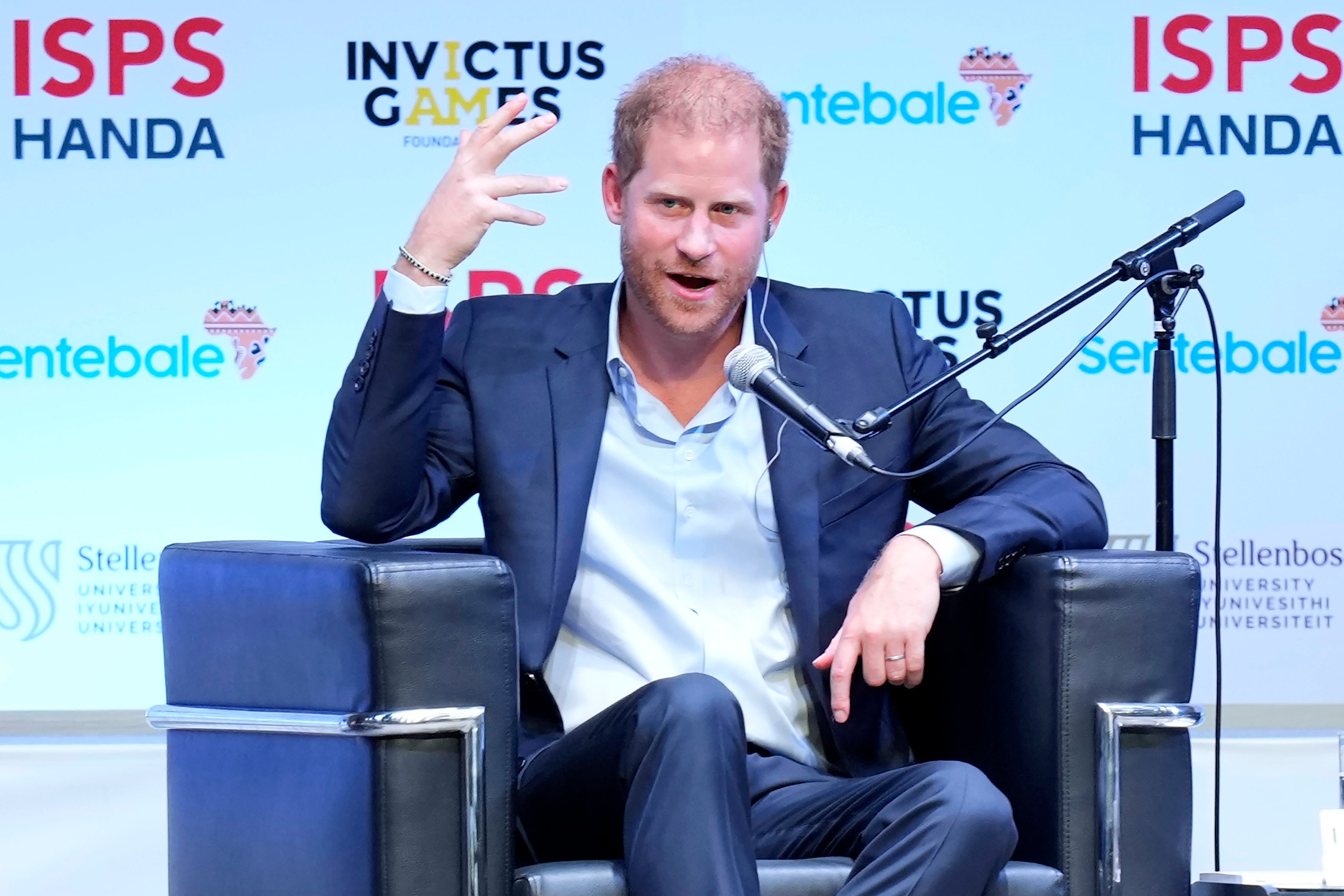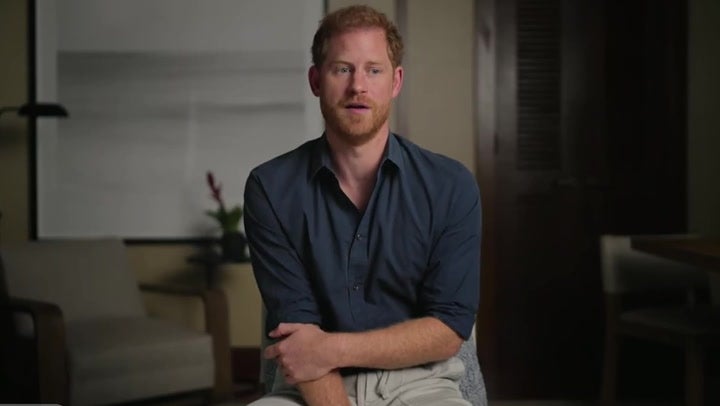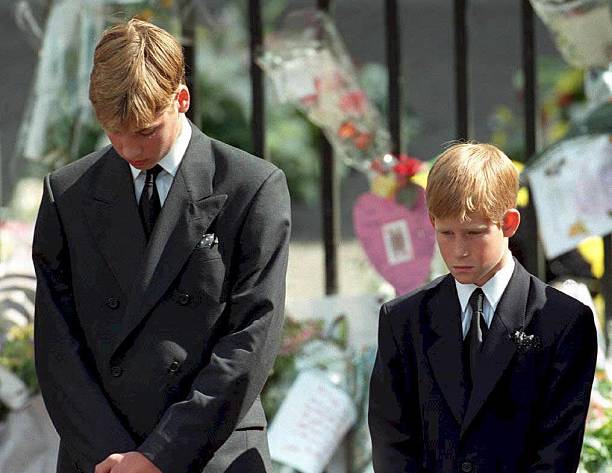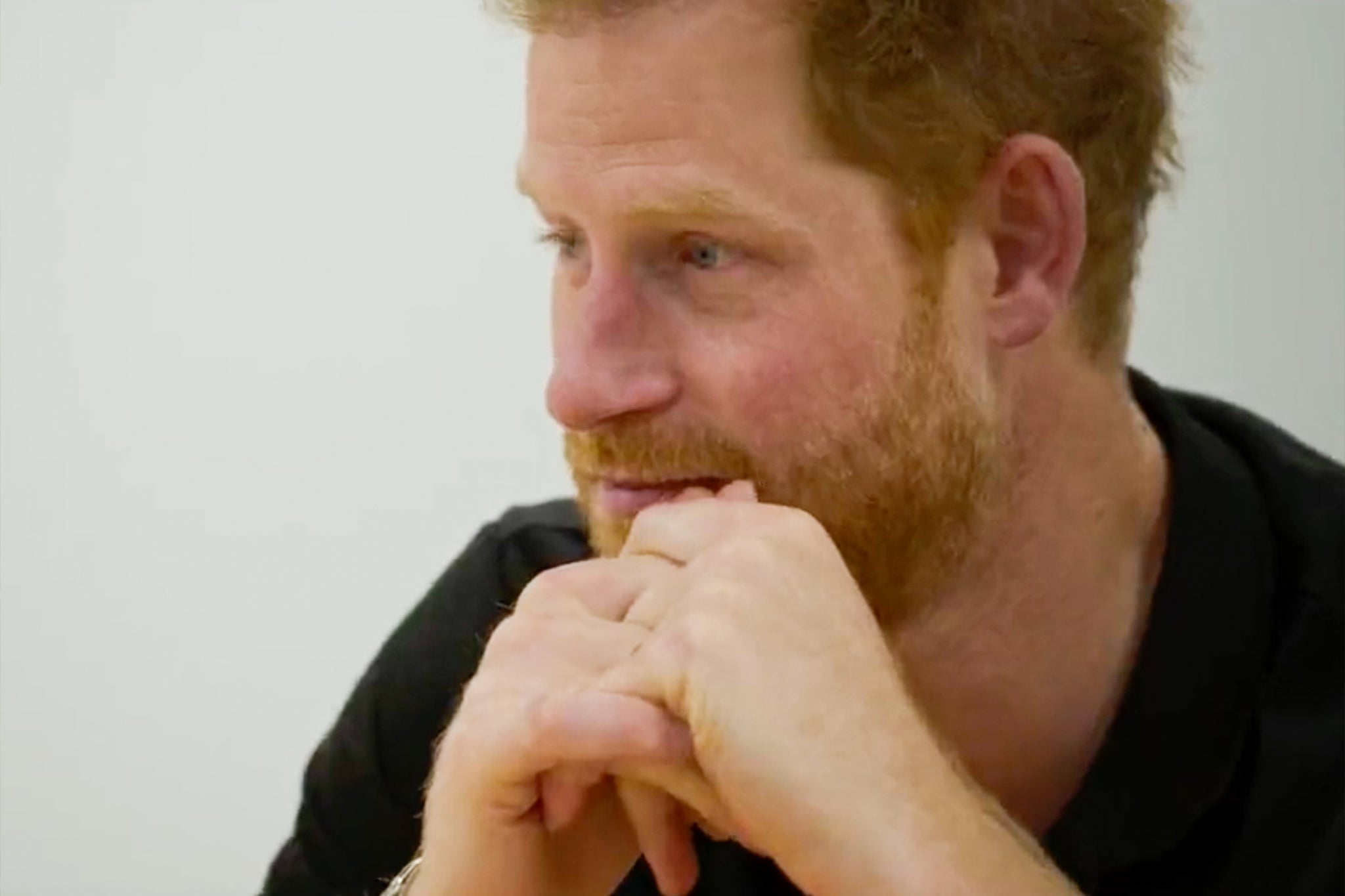Prince Harry says he had ‘no support network’ after Diana’s death
Duke of Sussex makes heartfelt confession in new docuseries, Heart of Invictus
Your support helps us to tell the story
From reproductive rights to climate change to Big Tech, The Independent is on the ground when the story is developing. Whether it's investigating the financials of Elon Musk's pro-Trump PAC or producing our latest documentary, 'The A Word', which shines a light on the American women fighting for reproductive rights, we know how important it is to parse out the facts from the messaging.
At such a critical moment in US history, we need reporters on the ground. Your donation allows us to keep sending journalists to speak to both sides of the story.
The Independent is trusted by Americans across the entire political spectrum. And unlike many other quality news outlets, we choose not to lock Americans out of our reporting and analysis with paywalls. We believe quality journalism should be available to everyone, paid for by those who can afford it.
Your support makes all the difference.Prince Harry has described how returning from his final tour of Afghanistan triggered an “unravelling” but “no one around me really could help”.
Discussing his time in the military, the Duke of Sussex said he experienced an “unravelling” after he returned from his tour that triggered the “trauma” of losing Diana at such a young age.
The confession was made in Harry’s new Netflix docuseries, Heart of Invictus, which is released today.

Harry admitted his “biggest struggle” after his mum died was that “no one around [him] really could help”.
He said: “I didn’t have that support structure, that network or that expert advice to identify actually what was going on with me.”
He said his return from Afghanistan unlocked suppressed grief that he was “never really aware of”.
He said: “Look, I can only speak for my personal experience, my tour of Afghanistan in 2012 flying Apaches, somewhere after that there was an unravelling and the trigger for me was actually returning from Afghanistan.”
“The stuff that was coming up was from 1997 from the age of 12. Losing my mum at such a young age, the trauma that I had, I was never really aware of. It was never discussed, I didn’t really talk about it. And I just suppressed it as most youngsters would have done.
“But then when it all came fizzing out, I was bouncing off the walls. I was like, ‘What is going on here, I am now feeling everything as opposed to being numb’.”

Diana died in a car crash at 36 years old, which has been famously blamed on the paparazzi who had been following the princess while she drove through Paris. The accident also resulted in the deaths of Diana’s boyfriend, Dodi Fayed, and her chauffeur, Henri Paul.
The duke added: “Unfortunately, like most of us the first time you really consider therapy is when you are lying on the floor in the foetal position probably wishing you had dealt with some of this stuff previously.”
Reflecting more on trauma later in the series, Harry said: “For all those years I had no emotion. I was unable to cry. I was unable to feel. I didn’t know it at the time. Then when I was aged 28 it all came out. It was like my emotions sprayed all over the wall.”

Speaking about his time serving in Afghanistan, he said it was only possible “because it was kept a secret”.
“While I was there for the 10 weeks, no one knew apart from the British press who had all said ‘We will all keep quiet as long as we get access’.”
But his deployment was cut short when word of his whereabouts were made known and the Duke was sent home.
Harry said this made him “angry” as he “had spent 10 weeks on the ground in the sand with all the others”.

During a special screening of the five-part series in California, Harry emerged to introduce it, to the surprise of the audience.
In a video circulating on social media, he was heard talking about the sacrifices that veterans and their families make while serving their country.
He said in episode two of the series: “One of the key missions of the [Invictus] foundation today is to find those who are sitting on their sofa, staring at a TV and they never want to leave their house. They’re hard to reach.
“There is literally one moment to be able to convince that individual that, whatever their plan is, whatever they are thinking and however bad their day is, that [it] will not last forever.”



Join our commenting forum
Join thought-provoking conversations, follow other Independent readers and see their replies
Comments